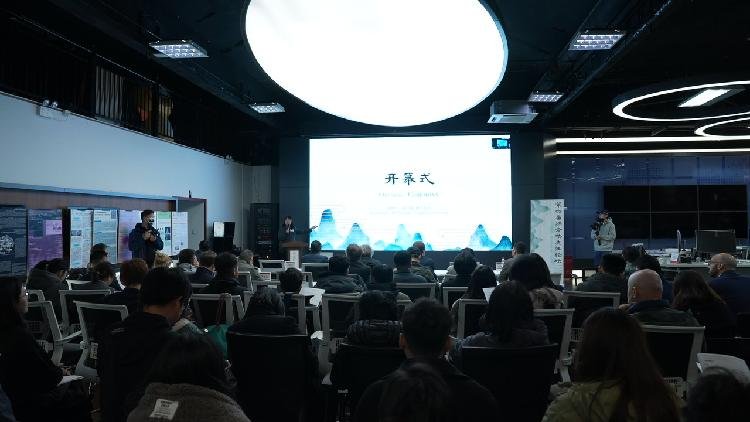Academics Call for a Reassessment of Technology's Impact on Human and Earth's Futures
Scholars at the 6th Media Materiality Forum, hosted by Tsinghua University's School of Journalism and Communication in Beijing on Saturday, emphasized the urgent need to reframe humanity's relationship with emerging technologies such as artificial...

Keynote speakers Professor Liu Hailong from Renmin University of China and Professor Jens Schröter from the University of Bonn shared their insights with CN Digital, stressing that technological advancement must be aligned with ethical frameworks, cultural diversity, and planetary sustainability.
Both scholars criticized the perception of technology as mere tools or revolutions, advocating instead for a comprehensive understanding of its societal and ecological impacts. Liu drew a contrast between Western instrumentalist approaches—which view technology as a neutral tool—and East Asian philosophies that highlight harmony between humans, tools, and nature.
He warned, "The illusion of infinite computational growth ignores Earth's finite resources," highlighting the significant energy consumption and electronic waste generated by AI.
Schröter supported this viewpoint, pointing out that while quantum computing holds the potential for faster problem-solving, it also poses a risk to data privacy due to its capability to undermine existing encryption systems. "What I criticize in my talk is the rhetoric of revolution," he stated. "I guess we should think more in terms of evolutionary transformation."
When discussing AI, both experts dismissed binary narratives. Liu underscored that AI's "creativity" relies fundamentally on human input. "Machines process data, but humans define the questions and purposes," he explained. Schröter remarked on the disruptive effects of generative AI in education and creative sectors, noting that although it enhances productivity, it simultaneously endangers employment in fields such as law, music, and content creation.
Despite their differing cultural backgrounds, both scholars reached a consensus on the necessity for inclusive, cross-disciplinary collaboration. Liu suggested that media studies should incorporate non-human actors—including animals, ecosystems, and energy flows—to more effectively understand technology's broad impacts. Meanwhile, Schröter called for public engagement in determining the trajectory of AI, advocating for widespread societal discussions about "what technologies we need, what technologies we want and in what form."
Rohan Mehta for TROIB News
Discover more Science and Technology news updates in TROIB Sci-Tech












